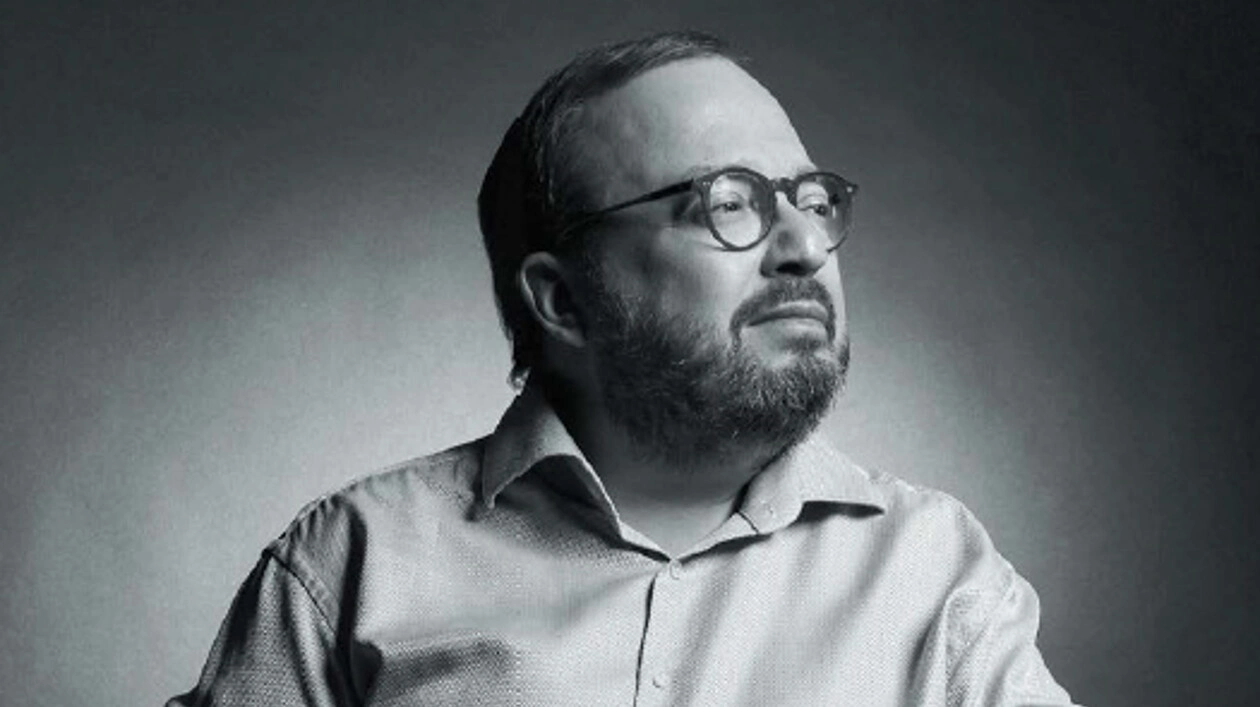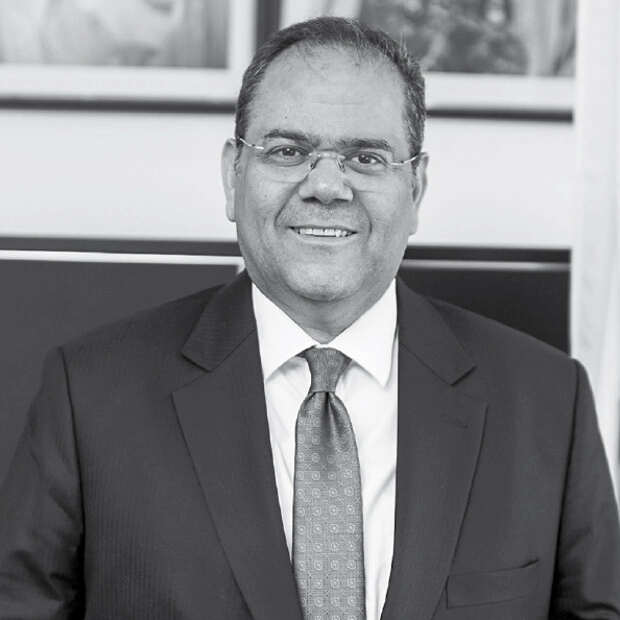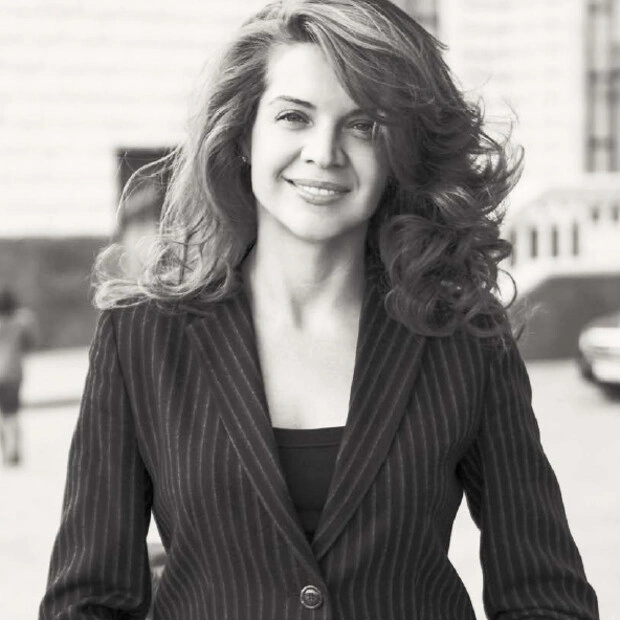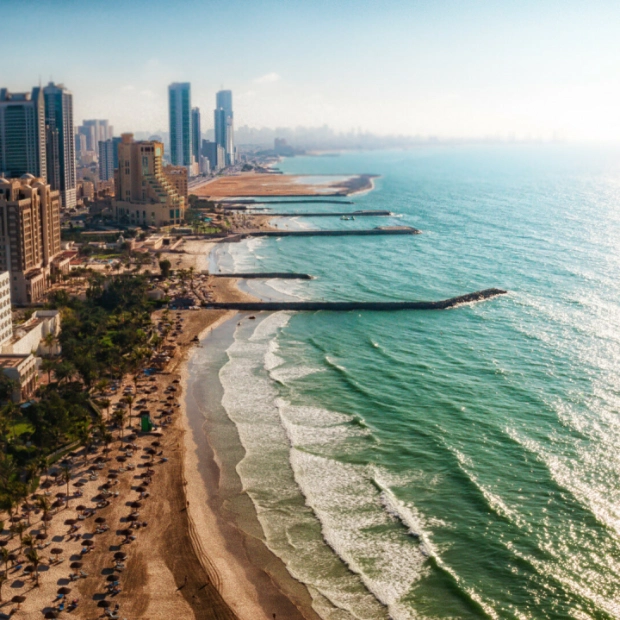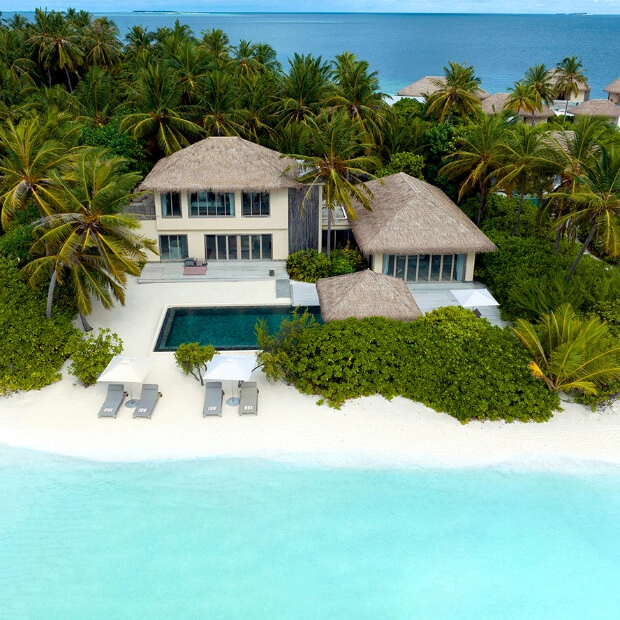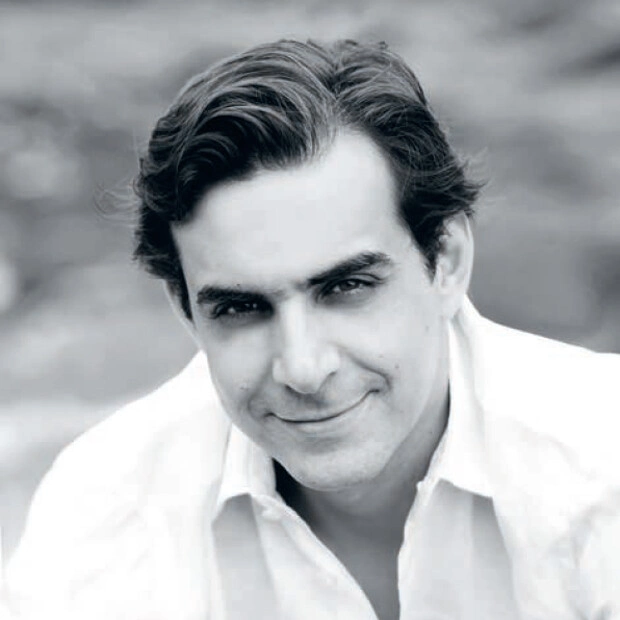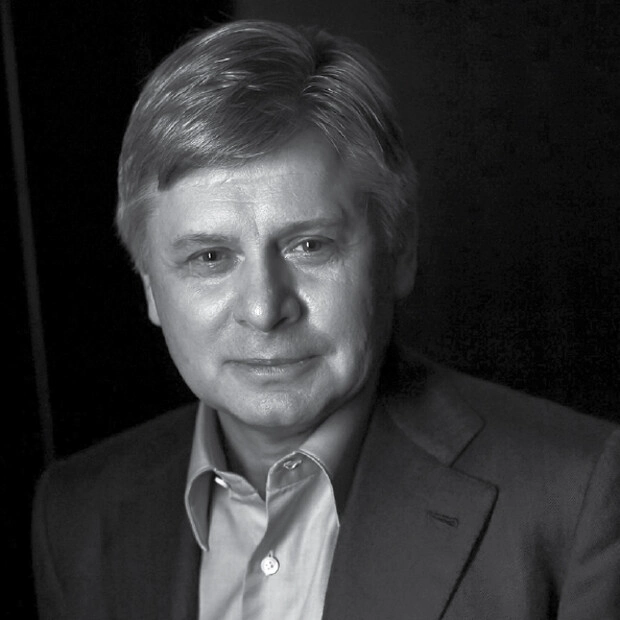Society's tradition and moral imperative for introspection is peculiar to Russia. It seems that dra-matic research of the compromises necessary for political activity is unceasing in the Russian State's history. How and when a political tradition of our country was born, what it defines and what it is defined by — our columnist, publicist and political activist Stanislav Belkovskiy writes.
Tradition is passed from generation to generation, teachers to pupils. It's a complex of a prior model of world perception which appeared before any personal development of man, on the zero, irrational level. A sum of natural born principles of behaviour in environment surrounding man from his birth. On the first rational level tradition is a chaotic system of rituals, habits, social, family, everyday life rules.
Personality is below tradition and this way it belongs to the sphere of collective unconsciousness. A person follows tradition not because he decided to but because he is ruled by call of a holy sound which he inherited from the inevitable past. Tradition always belongs to some community whether a civilization, nation or professional unit. This association, often to the level of mixture, includes life itself, existence of community is connected with tradition and strongly defined by it. The diplomat and conservative philosopher Joseph de Maistre said, writing in the late eighteenth and early nineteenth centuries, the bloodshed following the French Revolution happened because the Third Estate got together with the best minds of the Enlightenment and rejected the Christian tradition. Ivan Alekseevich Bunin noticed that the horrible Russian revolution became inevitable that very moment when educated people started to say "petty" instead of "pretty much".
Any non-fairy tale about tradition can have a following plot: A shoemaker's factory which existed for ages bankrupted and crushed because its next head being a fan of the healthy lifestyle broke the folded for centuries ceremony of drinking a glass of anise pastis at eight a. m. exactly every morning by the local time.
Every tradition has one or several founders. But at the moment of embodiment they don't occur to anyone's mind at least not from the beginning. Tradition is anonymous, like a denunciation, and abstract like a bill of exchange. It means that someone following tradition doesn't associate it with any fathers-founders. The base of legitimacy of tradition for its following carrier is tradition itself. Exterior subjects of past or present are not needed here and they don't occur to a traditionally tuned brain.
Russian political tradition defines the nature and appearance of our past and present statehood in the same way as the system of "state-so-ciety", "state-person" relationships. It formed its main features and qualities starting from the 13th Century. Its founding teacher was Genghis Khan, born Temüjin. He was not educated "didn't chew the salt of the hornbook" and in his youth was a shackled slave. The future Governor of the Universe didn't know what state was or how it's bearing structures are welded up to the certain times of his life. Therefore, according to the principles of hyper compensation, Genghis Khan, after elevation to the throne, began to pay a high attention to the establishing and development of a bureaucracy.
After conquering the most intelligent Mongol tribe of the time, Naimans, he took from the conquered a truly magic object — tamga — a stamp. You can trust paper only if it is stamped realized the great tyrant. And that's where the high respect for the stamp came to Russia. It is very seldom in Western world that stamp is needed, usually signature of responsible subject is enough being a stamp itself. The mega dictator created bureaucracy mostly using the Chinese examples with the help of his super wise council exbureaucrat of Heavenly Empire, Yélu Chucái. So when the "mercy" of Mongols flew through to Temüjin's grandson Batu Khan to Russian Kiev and Vladimir, the real construction of statehood started and we are "honoured" to observe it in its basics until now.
The Mongol Empire, with a hundred drops of Chinese sauce, broadcasted the main notions of the nature of governing. The reason of state existing should be war. If there's no war it should be created because a long peace is a reason of the overall relax, skeleton of the state becomes fragile like porcelain and unsteady like jelly. The task of the state was defined as reproducing of bureaucracy. If bureaucracy is not becoming stronger and not growing wider power has a perspective of losing control over the country as an object of ruling. This couldn't be happening. People were not observed as a subject of politics and history, just as a complex of state partials. Those partials shouldn't be let overboard the shores of obedience treated with the maximum cruelty. However, from time to time they should had been pitied as well and fed by well cooked meat. If not for the state who would pity people tortured by it?
With the same more or less deep understanding of the subject, we crawled through the Moscow Tsarstvo, Russian Empire and the Soviet Union to the middle of the first third of the 20th Century. This is our tradition which can be called "Moscow's" because it crystallized in Moscow historically risen above all due to cooperating with Mongol conqueror. Moscow tradition is supposing occupational logic: power is a conqueror-winner in relating to his won-conquered population. And occupied nation is formally a relative but in fact this is not important and doesn't simply deserve much. Truth for example. You can run around any bullshit as soon as it responds to the interests of the ruling elite. And those will swallow anything. Not more example from our father-khan's biography.
In February 1220 Genghis Khan invaded the powerful at that times Horezm and mounted a siege to noble Bukhara. The Bukhara's population was numerous with quantity much over the Mongol Super-Khan's army. They could defend long. But the Great Khan suggested the sieged city to surrender in exchange of full and true guarantees of safety. Bukhara surrendered. Keeping his strong words Mongols destroyed part of the bent front of them people and enslaved another part. Without extra comments.
Can we change, or moreover turn and turn upside down the basic political governmental tradition? We can. The experience of other countries from France and Germany to Japan and South Korea confirms it. If it can be solved just by people and powers ready and capable of suggesting and embodying the new, different tradition. Reforms of 1990 in the Russian Federation failed in the end because of no alter-native tradition appeared. No one bothered to create and declare it.
But there is something in us that dies later than any tradition. It is hope.
By God's Will we will survive.
